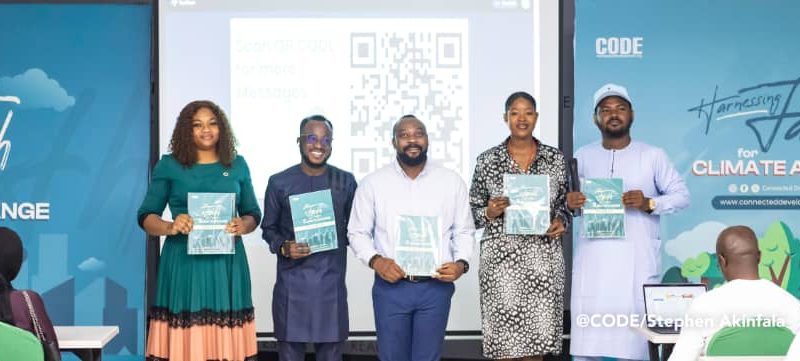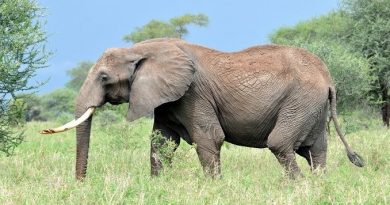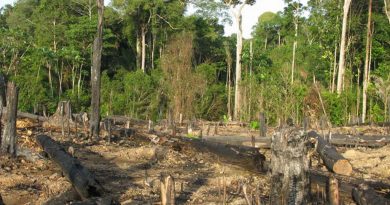POLICY BRIEF: Faith-Based Organizations To Be Mainstreamed and Integrated Into Climate Justice
Maryam Aminu
Climate change is a crisis that will undoubtedly have serious repercussions far into the future. As a global crisis, it is also a crisis that touches and elicits different responses from people of different faiths. To begin to understand and bridge these different perspectives on climate change, interfaith dialogue is both important, and needed.
Nigeria, like many developing countries facing the effects of climate change have designed and implemented key climate adaptation and mitigation policies and messaging for climate action, the strength of faith is yet to be operationalized.
The urgency of the calls for religious leaders to address environmental stewardship and sustainable practices as part of their teachings and moral guidance has increased in the past decade.
As we approach COP29, a CSO leading the process of highlighting climate crisis facing vulnerable and religious groups, Connected Development (CODE) launched a policy brief that allows for faith-based organizations to be mainstreamed and integrated into climate justice and action during an inter-faith dialogue on climate change symposium held on Monday in Abuja
The Chief Executive of Connected Development, Hamzat Lawal, said that the religions of the world are to be the moral and ethical voices on this planet
CODE Boss acknowledge the evidence which suggests that knowledge gaps in faith-based organizations in understanding climate sciences, the policies and implications for climate change significantly exist
“And this has limited the potential of faith as an effective communication strategy for behavioral change, as well as the drive on climate action.”
Lawal underscored that climate change is one of many issues that people across the world must face and band together to fight.
Lawal who blamed poverty as a challenge towards utilizing the effectiveness of climate communication strategies, said many faith-based organizations are already leading the way by providing help to families affected by the global climate crisis.
“Of course, we know that climate change has deeply affected Nigeria, from insecurity, food shortage, loss of jobs, loss of livelihood and we believe that speaking up against climate injustice requires using moral and advocacy strategies, leveraging faith-based organizations in amplifying these voices on vulnerable communities, while working closely with civil society organizations, the government, and other case decoders”.
Recognizing the imperative need for dialogue among different faiths and religions to mitigate climate change, CODE encourages all States to spread the message of climate change in the world’s churches, mosques and other places of worship.




